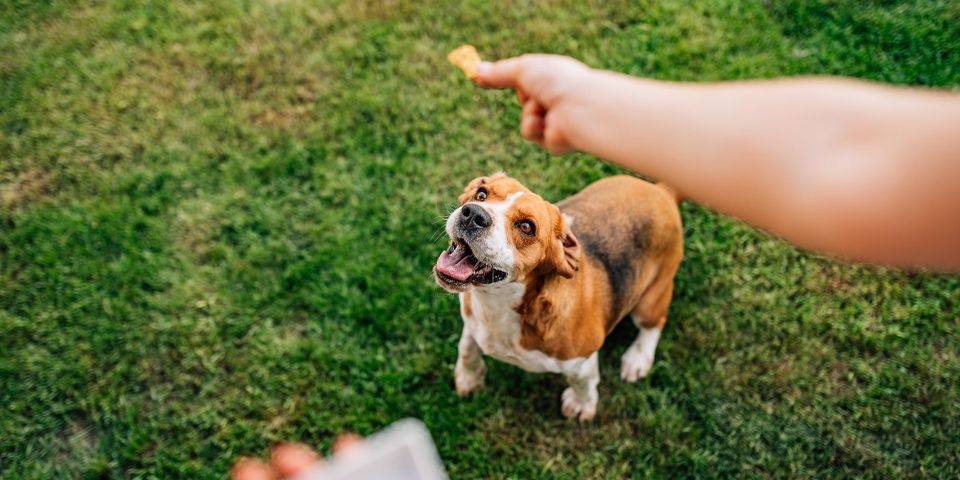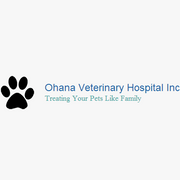
Sugar substitutes appear in all kinds of foods. Although researchers have deemed these ingredients safe for human consumption, they can be harmful to pets. If you often give your furry friends table scraps or they tend to jump on the counters searching for nibbles, learn more about one of the most dangerous sugar substitutes that you should keep out of reach.
The Dangers of Xylitol
Xylitol is a kind of alcohol that occurs naturally in plants. It is most often extracted from birch wood, but can also be found in various fruits and vegetables. When non-primate species like dogs and cats ingest xylitol, they experience a dramatic spike in insulin. If left untreated, this can result in hypoglycemia and liver failure. Symptoms of xylitol poisoning include lethargy, vomiting, trembling, seizures, diarrhea, and a racing heart.
Food Items That Pose a Hazard
 Common food items that contain xylitol include chewing gum, mints, and candy. It is also used to sweeten chewable vitamins, certain medications, and tube-feeding formulas.
Common food items that contain xylitol include chewing gum, mints, and candy. It is also used to sweeten chewable vitamins, certain medications, and tube-feeding formulas.
This sweetener is especially toxic to dogs, and even a small amount—like that found in a single piece of chewing gum—can cause life-threatening complications. Since xylitol poisoning can result in death in a matter of hours, pet owners should keep sugar-free food items out of reach. They should also know where the nearest emergency veterinarian is and go there immediately if they suspect their pet has consumed something containing this sugar substitute.
If you think your pet has eaten food containing xylitol, bring them to Ohana Veterinary Hospital in Honolulu, HI, right away. For more than 22 years, this family-owned and -operated practice has provided comprehensive pet health services for cats, dogs, and other animals. They also offer emergency care and house calls. To make an appointment, call (808) 845-1762, and visit their website to find out more about their services.
About the Business
Have a question? Ask the experts!
Send your question

